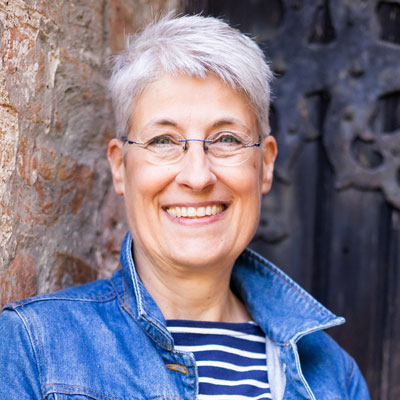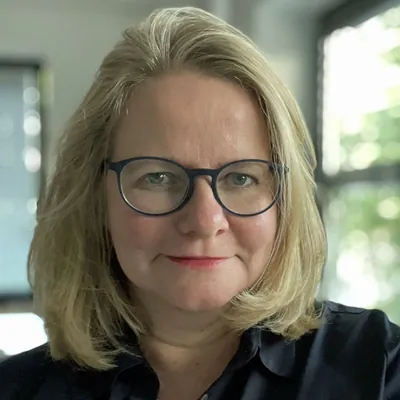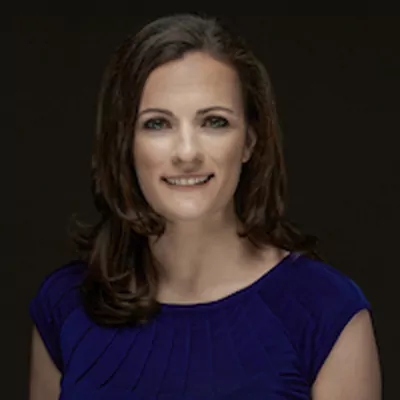Despite their reputation for being rooted to their localities, Germans do have a history of migration within their own country, especially after the onset of industrialization in the mid-19th century. In this presentation, we will explore the various patterns of internal migration, and offer guidance on how to navigate these movements to aid in your search for ancestors.

Already a member? Log in









You should receive a confirmation email with a link to the webinar soon.
You’ll also receive a reminder both the day before and one hour before the webinar begins.
Didn’t receive a confirmation email?
You successfully registered for %s.
You should receive a confirmation email with a link to the webinar soon.
You’ll also receive a reminder both the day before and one hour before the webinar begins.
Didn’t receive a confirmation email?
To ensure a smooth, high-quality webinar experience, check the quality of your internet connection.
On the day of the webinar, connect 30–40 minutes before and turn off any background software. If you can’t tune in live, you can view the recording later in the Webinar Library. If joining via a mobile device, be sure to first install the free GoTo app.
Questions? Contact us or read our FAQ.
It looks like you’re already registered for this webinar
You can register for another webinar.
Didn’t receive a confirmation email?
It looks like you’re already registered for these webinars
You can register for another webinar.
Didn’t receive a confirmation email?
Something happened on our end, sorry about that
We were unable to complete your registration.
Please try again later.



 Syllabus
Syllabus
It was an absolute pleasure to listen to Ursula’s presentation. Ursula opened so many avenues for inquiry for me, as a descendent of a man whose father was a postillion from Celle near Hannover, and who migrated from Prussia as a 21 year old via England to Australia in 1863. Ursula’s tips and hints are like a breath of fresh air to anyone seeking detailed information about the collection of city states and localities that comprised Germany prior to unification in 1871. Congratulations, Ursula. This was the best presentation of the many so far offered to we researchers during the current sessions. Thank you for your extensive and authoritative recommendations. Your incidental comments during the presentation were fascinating, and provided essential context to the dot points in the slides.
Concise, informative, well-organized.
escelent for me. -for my My Pommern ancestors are from Kreis Stolp, so I now know more about their Manor system/. WW1 & Polish politics
I’ve never heard any of this information before and it has increased my knowledge so much! I have an ancestor who was a goldsmith, an ancestor who was living with another family and probably working as a servant and another ancestor who was a fisherman. The years that might have been reason for immigrating to the US make more sense, I have an extremely old photo of a farm family in Mecklenberg I’ve been curious about and simply understanding the various “countries” prior to being “Germany” added insight.
Lots of information. I need to download the handout for this and study it as 5 of my great-grandparents came from Germany or were direct descendents of those who arrived in the 19th century. I have the regions for most but not the town.
This was a superior presentation, well organized, and very interesting to anyone who has German ancestry. Would love to hear more about celebrations and feast days in German Laender today and long ago too.
Excellent as always!!
This was very a interesting webinar. My maternal grandfathers’ family moved from Silesia to a German colony in Russia (Ukraine today) in 1870 and I am trying to find out more. However, the reasons for the move then likely were the same as was discussed in this talk: Very poor farmers looking for a better life. Of course, their choice of countries proved to be a bad one when Stalin came to power. Only two of the 14 children (my grandfather and great-uncle) emigrated to the United States.